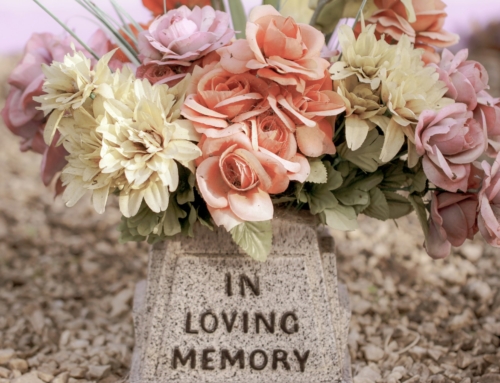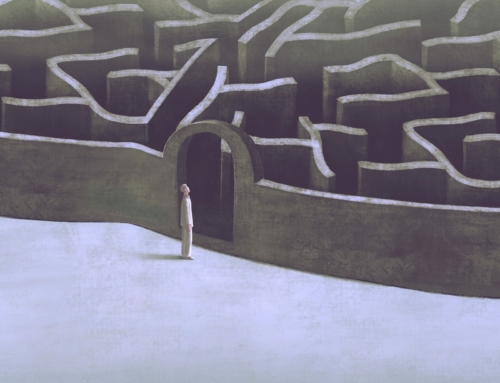Every few days a new veteran is created here in the United States and as each veteran comes home, we see increases in suicides, family dysfunction, depression, anger, and maladjustment to society. Many of these things are attributed to Post-Traumatic Stress Disorder or PTSD. Even those who did not directly see combat might have PTSD, due to their interaction with those who have.
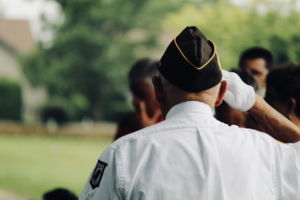 These are sons and daughters, our fathers and our mothers, aunts and uncles, nieces, and nephews, all suffering due to lack of diagnosis or even receiving enough training to recognize what is happening to them, why they are acting the way they are, and that it is okay to feel the way they do. There are many treatment facilities, medical doctors, and psychologists, who think that they have the right answers, and the right drugs to solve the problems of PTSD.
These are sons and daughters, our fathers and our mothers, aunts and uncles, nieces, and nephews, all suffering due to lack of diagnosis or even receiving enough training to recognize what is happening to them, why they are acting the way they are, and that it is okay to feel the way they do. There are many treatment facilities, medical doctors, and psychologists, who think that they have the right answers, and the right drugs to solve the problems of PTSD.
The facts are that no one is ever really cured of PTSD, they only learn to live with it, recognize it, and take the steps necessary to control it. PTSD can be caused by any traumatic incident which has been observed by the individual in which they have been directly or indirectly involved.
I focus on military veterans as this is what I know and see most regularly, but these issues and the treatment process can be helpful for all individuals suffering from PTSD. This article is both an introduction to PTSD and a study of how veterans are coping with PTSD using current forms of treatment and their willingness to try other forms of treatment, specifically peer-run group discussions.
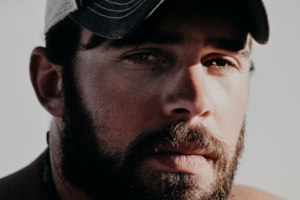 What is PTSD?
What is PTSD?
PTSD is a mental health condition brought on by experiencing or seeing a terrifying event. PTSD affects the mood, behavior, and psychological aspects of the victim, causing emotional and physical distress, a loss of interest in things that should interest them, hopelessness, anger, guilt, the inability to feel pleasure, nervousness, and general discontent, or loneliness.
It also causes irritability, hyper-vigilance (red zone), social isolation, aggression, agitation, self-destructive behavior, hostility, self-harm, or screaming, hallucination, severe anxiety, panic attack, fear, mistrust, depression, or flashbacks.
It can affect sleep, causing insomnia, nightmares, sleep deprivation, or night terror, and can cause thoughts of suicide or unwanted thoughts, acute stress or blackouts, emotional detachment, headache, or lack of emotional response. The DSM-IV under the section Diagnostic Criteria for Post-Traumatic Stress Disorder gives a breakdown of what must be present to consider a person to have PTSD.
Treatment of PTSD is usually by prescription but through the use of relaxation techniques. Psychoeducation and stress management are often used in conjunction with these medications or alone with varied results.
An attempt to desensitize the victim through therapies such as counseling, biofeedback, cognitive therapy, behavior therapy, trauma group therapy, nightmare therapy, eye movement desensitization and reprocessing, animal-assisted therapy, systematic desensitization, psychotherapy, crisis intervention, exposure and response prevention, family therapy, anger management, biofeedback, cognitive therapy, and cognitive behavioral therapy can also help.
These therapies can have positive results but depend on the individual and require individual testing. Not one technique works for all individuals.
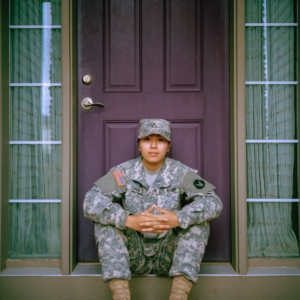 The treatment of veterans, and their willingness to try other forms of treatment, specifically group peer discussions are important for them, their loved ones, and society as a whole. The idea of community, the marginalized, and the helping of others come to the forefront of my studies. The courses and training I received have made me believe there is a better way of dealing with PTSD.
The treatment of veterans, and their willingness to try other forms of treatment, specifically group peer discussions are important for them, their loved ones, and society as a whole. The idea of community, the marginalized, and the helping of others come to the forefront of my studies. The courses and training I received have made me believe there is a better way of dealing with PTSD.
I have read a couple of books that got me thinking about the whole process of psychology, spirituality, and theology and how they are interrelated, what was going on in my soldier’s brains, and how their bodies were reacting. Trauma disrupts a brain’s ability to think as it once did and it becomes protective, irrational, and even violent about everyday things.
Sadness and depression are normal and constant partners to shame and regret. Reason or reasonableness is not in the vocabulary of a victim, self-blame, and self-worth, for actions taken or not taken are always there in front of everything. Finding joy can be difficult, but possible. Rebooting the brain takes time, love, and patience.
I used to think of confession of one’s mistakes as something weak, as a man that had been taught to be tough and push down my feelings. I now realize that confession is an opportunity for us to discuss our pain with God. God already knows what we have done or haven’t done, but it is for us to acknowledge and for God to forgive us. Even if we haven’t done anything, we have guilt and pain, this is an opportunity to let that pain go.
 So, in a way, a peer-led discussion group for veterans becomes a modern-day confessional and allows the healing to begin. In the book by McMinn, the chapter on forgiveness discusses what forgiveness looks like and what it is, and what it isn’t. This is primarily intended to be between individuals, but it can also be used in terms of forgiving oneself.
So, in a way, a peer-led discussion group for veterans becomes a modern-day confessional and allows the healing to begin. In the book by McMinn, the chapter on forgiveness discusses what forgiveness looks like and what it is, and what it isn’t. This is primarily intended to be between individuals, but it can also be used in terms of forgiving oneself.
First, forgiveness happens over time and requires great effort. Second, ignoring the issue allows resentment to build whereas forgiveness allows grieving. Third, forgiveness is not self-blame, forgiving yourself is strength. Fourth, forgiveness is not linked with remorse and repentance.
Finally, though reconciliation requires forgiveness they are different. Forgiveness of ourselves is at the center of our treatment, we must learn to forgive ourselves, but we can’t do this if we ignore what has caused us to feel as we do.
I’ve met many veterans, some who admit they have PTSD and others who although they exhibit signs and symptoms of PTSD deny the fact that they have it. Putting together a peer-led discussion group for veterans, as an outlet for their emotions related to Post-Traumatic Stress Disorder is a way for the veterans to feel empowered to speak openly, and start the healing.
Why are veterans resistant to treatment? It appears that veterans, some of whom are still in the reserves, are concerned that information they may provide might get back to the military, and thus reflect negatively upon them. Another reason appears to be due to negative experiences with other treatments.
God and the church being involved in their recovery has been shown to help when not just the physical and mental aspects of treatment are provided but when spiritual treatment is included. Treatment that takes a comprehensive approach and listens without judgment is the answer.
“Salute”, Courtesy of Sydney Rae, Unsplash.com, CC0 License; “Intensity”, Courtesy of Avery Cocozziello, Unsplash.com, CC0 License; “Soldier”, Courtesy of Jessica Radanavong, Unsplash.com, CC0 License; “Stars and Stripes”, Courtesy of Todd Trapani, Unsplash.com, CC0 License




